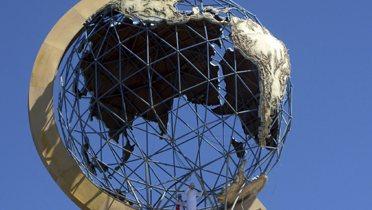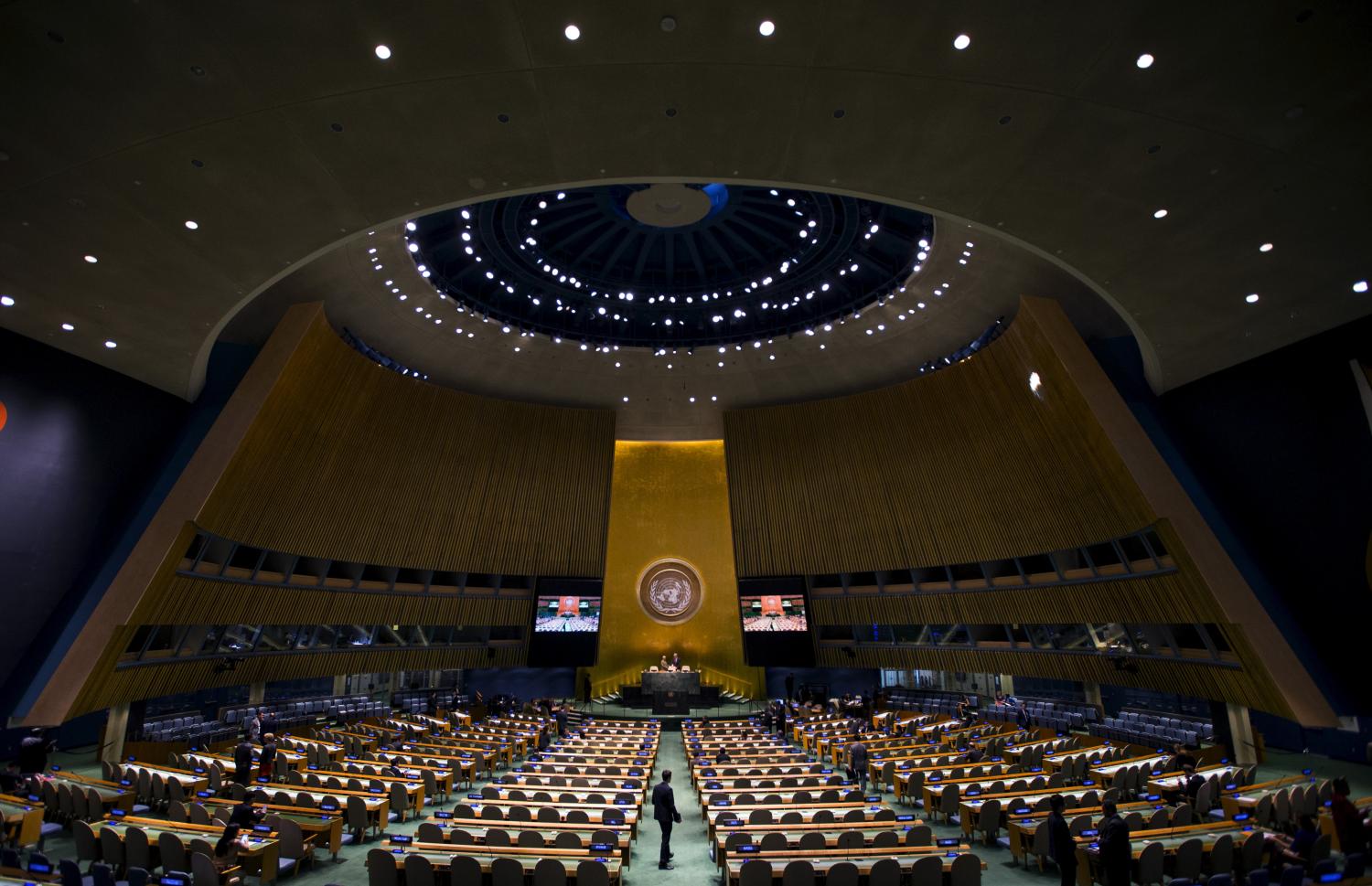Introduction:
When historians assess America’s role in the world after the terrorist attacks of 9/11, they will judge the early failures in Afghanistan, and weigh the costs of the Iraq war against its eventual outcomes (still uncertain). They will balance the deepening of the strategic relationship with India against the deterioration, and eventual reset, of relations with Russia. Climate change will loom large, for good or ill. Twenty years from now, we will know more about the consequences of U.S. counterterrorism policies from Pakistan to Yemen to Lebanon.
They will surely debate this question: did American overstretch amplify the impact of the rise of the “emerging powers?” While America’s resources were bled by two wars, new potential rivals were growing and husbanding their energies. A mere four years after Charles Krauthammer’s manifesto for “American Foreign Policy for a Unipolar World” caught the mood of American ambition, Fareed Zakaria’s The Post-American World reflected the consequences of miscalculation. All of this before the global financial crisis drained the U.S. treasury further and highlighted China, India, Brazil and the Asian financial centers’ new weight.
While the trajectory of the rising powers is uncertain, their present influence is now a fact of geopolitics. That raises questions about the relationship between U.S. power and the changing international order. Already the financial crisis, the Copenhagen climate negotiations and the Iran sanctions dust-up have illustrated the potential, the pitfalls, and above all the centrality of the relationship between American power and the influence of the rising actors. The emerging powers cannot dictate the shape of the coming era, but they can block and complicate U.S. initiative.
Nearly a decade ago, Joseph Nye identified “the paradox of American power.” While the United States has unique military strength, it is constrained by the dynamics of the global economy and the need for international institutions to manage an interdependent world. Today, after two wars and an economic crisis have tested the limits of American power, we are confronted with a new paradox. For all of its continued heft, the U.S. looks weaker than it once did, and must navigate a world of rising powers. Yet international stability and prosperity still rest heavily on America’s continuing strengths and leadership.
American leadership is far from overturned, but it is constrained. The question is thus posed: can the United States still lead the international system? Will the rising actors acquiesce to U.S. leadership and cooperate with it? Or are they contending to challenge if not the system itself—from which they profit— then U.S. leadership of it?
This paper reviews the nature of the emerging powers’ rise and the strategies they are pursuing. An overarching picture emerges: America’s dominance is dulled but its influence is sustained. From its new position, the United States confronts not a rigid bloc of emerging powers, but complex and shifting coalitions of interest. The greatest risk lies not in a single peer competitor but in the erosion of systems and institutions vital to U.S. interests and a stable order. U.S. power is indispensible for international order, but not sufficient. No longer the CEO of Free World Inc., the United States now holds a position akin to that of the largest minority shareholder in Global Order LLC. Can the United States use its changed position to shape the emerging order?
This paper is part of a series of in-depth policy papers, Shaping the Emerging Global Order, in collaboration with ForeignPolicy.com. Visit ForeignPolicy.com’s Deep Dive section for discussion on this paper.
The Brookings Institution is committed to quality, independence, and impact.
We are supported by a diverse array of funders. In line with our values and policies, each Brookings publication represents the sole views of its author(s).





